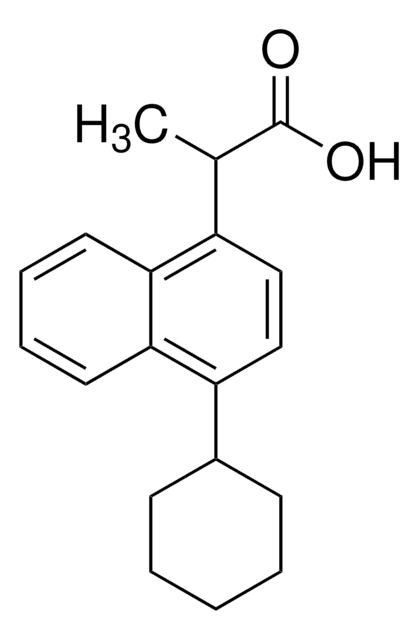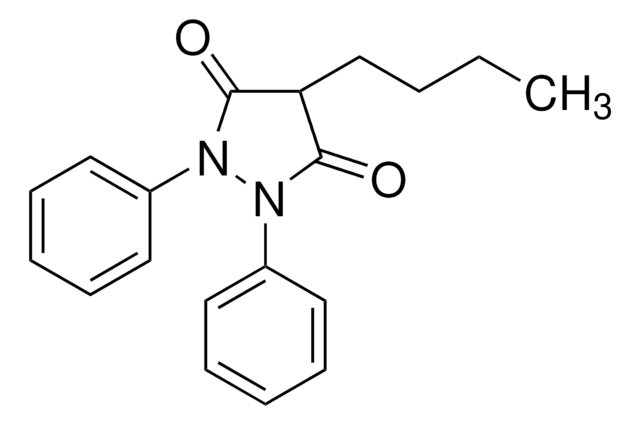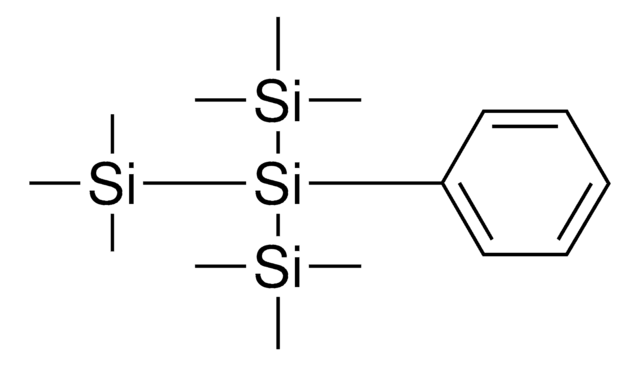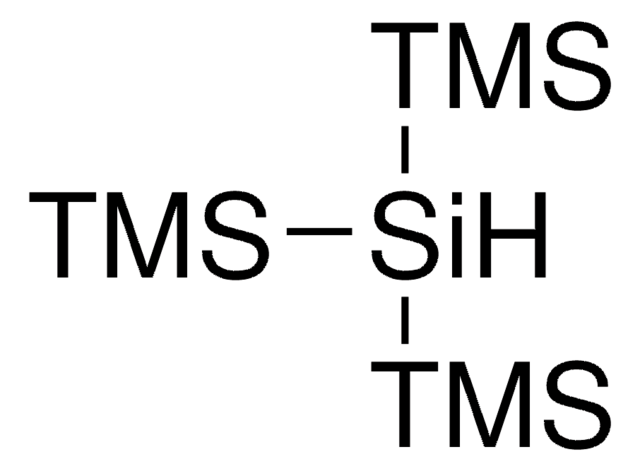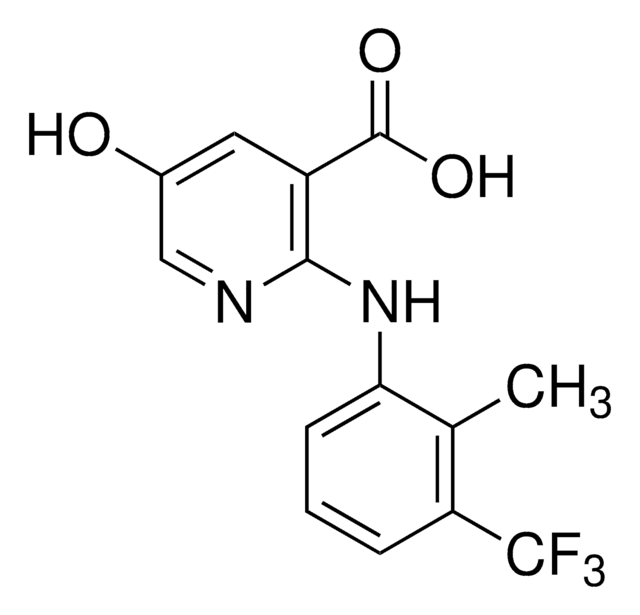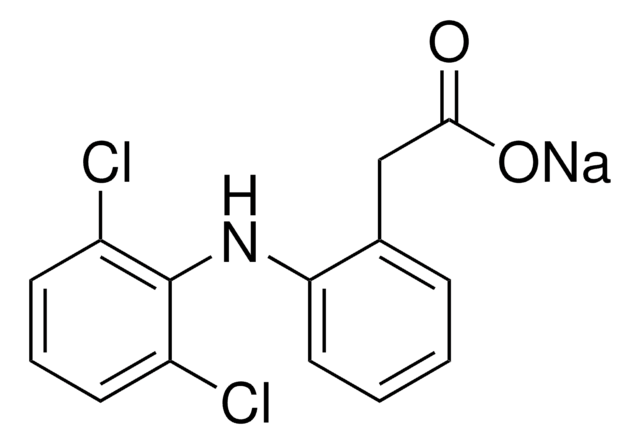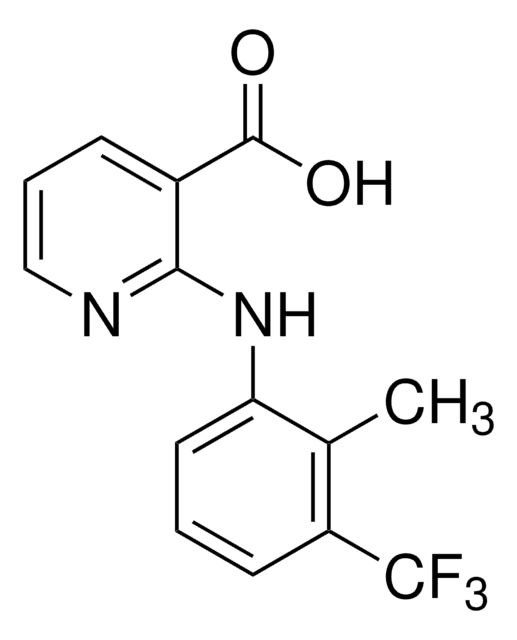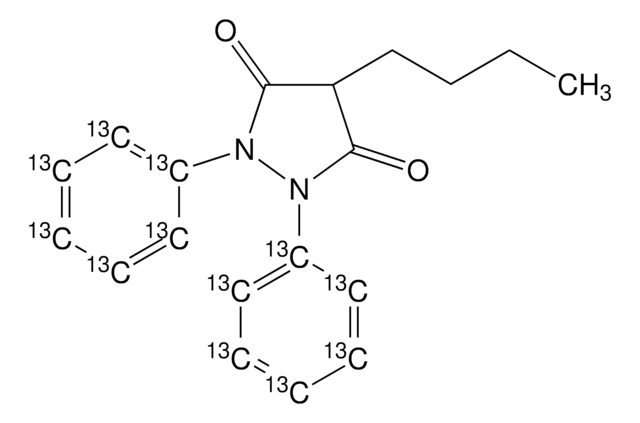SML0540
Oxyphenbutazone
≥98% (HPLC)
Synonym(s):
4-Butyl-1-(4-hydroxyphenyl)-2-phenyl-3,5-pyrazolidinedione, G 27202, NSC 526053, Ro 04-4410, p-Hydroxyphenylbutazone, p-Oxyphenylbutazone
About This Item
Recommended Products
Quality Level
Assay
≥98% (HPLC)
form
powder
storage condition
desiccated
color
white to brown
solubility
DMSO: 10 mg/mL, clear
storage temp.
−20°C
SMILES string
N2(N(C(=O)C(C2=O)CCCC)c3ccccc3)c1ccc(cc1)O
InChI
1S/C19H20N2O3/c1-2-3-9-17-18(23)20(14-7-5-4-6-8-14)21(19(17)24)15-10-12-16(22)13-11-15/h4-8,10-13,17,22H,2-3,9H2,1H3
InChI key
HFHZKZSRXITVMK-UHFFFAOYSA-N
General description
Biochem/physiol Actions
Other Notes
Signal Word
Warning
Hazard Statements
Precautionary Statements
Hazard Classifications
Acute Tox. 4 Oral - Aquatic Acute 1
Storage Class Code
11 - Combustible Solids
WGK
WGK 3
Flash Point(F)
Not applicable
Flash Point(C)
Not applicable
Choose from one of the most recent versions:
Already Own This Product?
Find documentation for the products that you have recently purchased in the Document Library.
Our team of scientists has experience in all areas of research including Life Science, Material Science, Chemical Synthesis, Chromatography, Analytical and many others.
Contact Technical Service